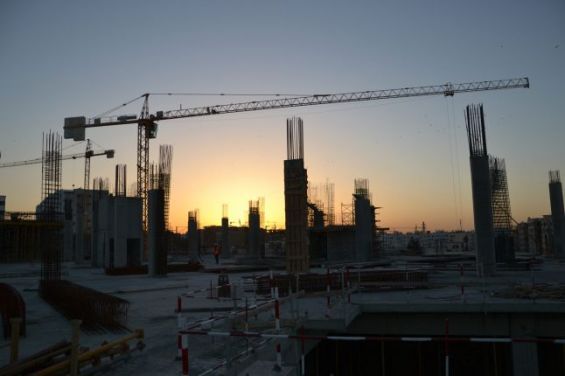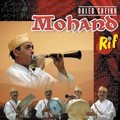According to Jones Lang LaSalle (JLL), an American professional services and investment management company specializing in real estate, currency floatation adopted by Morocco will boost the real estate market. In a note published, March the 21st, on JLL’s official website, Craig Plumb, JLL’s Head of Research in the MENA region stated that Morocco is on the right path.
«The reforms introduced by the Moroccan government, will have a ripple effect on the real estate sector, as investors across all sectors now have the opportunity to be more flexible in their decision making», said Plumb referring to the gradual floatation of the Moroccan Dirham implemented by Bank al-Maghrib in January.
Hailing the step backed by the International Monetary Fund (IMF), Plumb added that : «If the currency softens against the USD and the Euro, this will effectively make Moroccan property cheaper for investors from markets denominated in these currencies and attract further FDI into the real estate sector across Morocco and most specifically into Casablanca».
Based on the American agency’s analysis, currency floatation will attract additional investment into the real estate sector. This will be maintained through the launch of REITs, companies that own, and in most cases, operate income-producing real estate, which will «expand the market to a wider range of investors».
Casablanca is Morocco's main commercial center
«REITs will boost the demand for investment in the office market.. Casablanca is Morocco's main commercial center, and has a significantly bigger office market than the capital Rabat. With many national and international companies located in the city there is a growing need for modern office space in Casablanca,» said Craig Plumb.
To put it in other words, Morocco and especially Casablanca is becoming home to several big real estate projects and that is what reassures Plumb. The latter indicates that «the continued move towards retail malls will create future opportunities for both developers and investors».
Moreover, JLL believes that Casablanca’s hospitality market and which depends on business travelers has recovered in 2017 from 62% in 2016 to 66% in 2017. «With the government's vision 2020 of converting Morocco into one of the world's hottest tourist destinations by 2020, occupancy rates seem to be growing positively. We look forward to seeing strong results in the hospitality market this year as performance show an upward trajectory,» added the expert.
In addition, to malls, hotels and other real estate projects, Morocco is also attracting a number of international manufacturers, which is regarded by JLL as a positive sign.
JLL is not the only international agency to hail Morocco’s currency floatation. In a conference held in January in Marrakech, the IMF indicated that Morocco’s new exchange rate regime is «a step in the right direction» that would make of the country an attractive destination for investors and an African hub.
ihad Azour, director of the IMF Middle East and Central Asia department, stressed that the country’s decision is backed by the international organization. «We were very much satisfied with the way they did it», he declared pointing out that by adopting other reforms, such as lifting fuel subsidies, Morocco has guaranteed the growth of its economy to 4.5 in 2017.




 chargement...
chargement...












